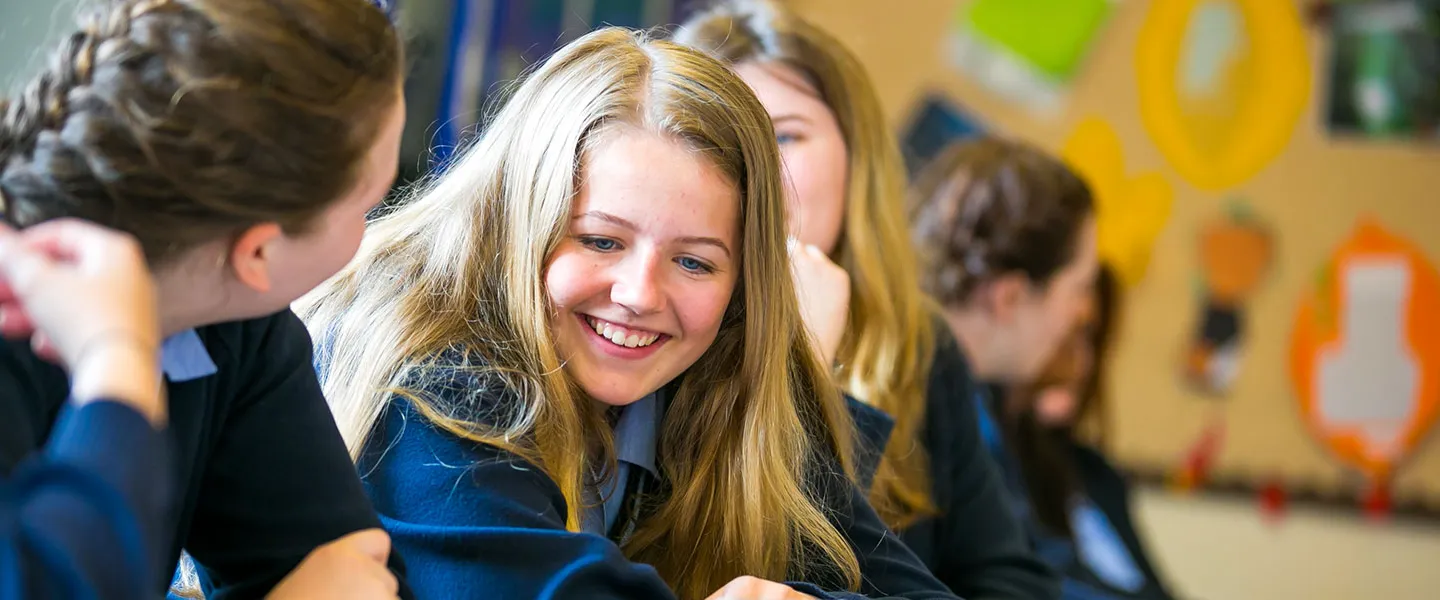For me, the past few months have highlighted how times of crisis can bring out the best in people, indeed whole communities, with everyone uniting for a greater good. It has also confirmed my belief that schools must provide an inspirational haven for children where they can develop the characteristics and skills necessary to successfully navigate the future. By helping children to be confident and creative, we give them something that is priceless. So how do we do this?
The key lies in adopting a child-centred approach to learning that values developing creativity and life skills as much as achieving academic results; equipping students with the social and emotional skills they need to navigate the challenges of today’s world in order to lead smarter, healthier, and happier lives. This means nurturing optimism and resilience in children, which can increase academic performance, instil a love of learning, and ultimately help build a better society.
Resourcefulness and the ability to respond to challenges in positive and new ways stems from creative intelligence which is why we must help children learn to trust their instincts and to believe in their unique abilities. The result is capable children who grow into confident and productive individuals, something key to succeeding in the ever-changing global world in which we live.
Children are born with natural curiosity and this should be encouraged by allowing them the freedom to explore. At Queen’s we feed their interests and actively provide unique and inspiring opportunities and activities to develop them. This could be through our Beach School Programme, forest classroom activities and industry mentoring schemes, or something simple like the opportunity to lead projects or get invovled in charitable work and trying new extracurricular activities.
As educators, schools have a responsibility to help their students develop a strong sense of identity, feel confident about their ability to learn, develop positive relationships, and become proficient communicators. But most of all, we must help them to be happy in themselves and confident of their futures.
Mrs Wallace-Woodroffe
